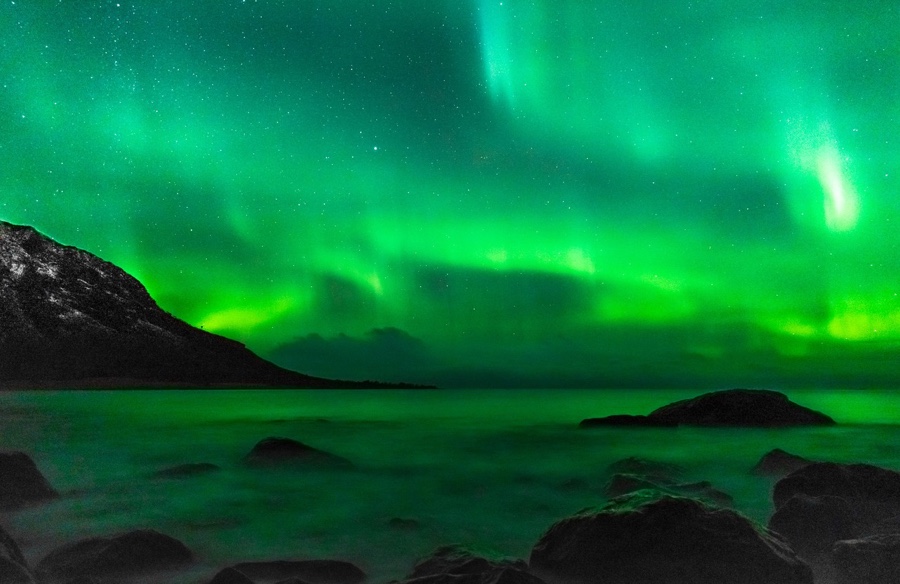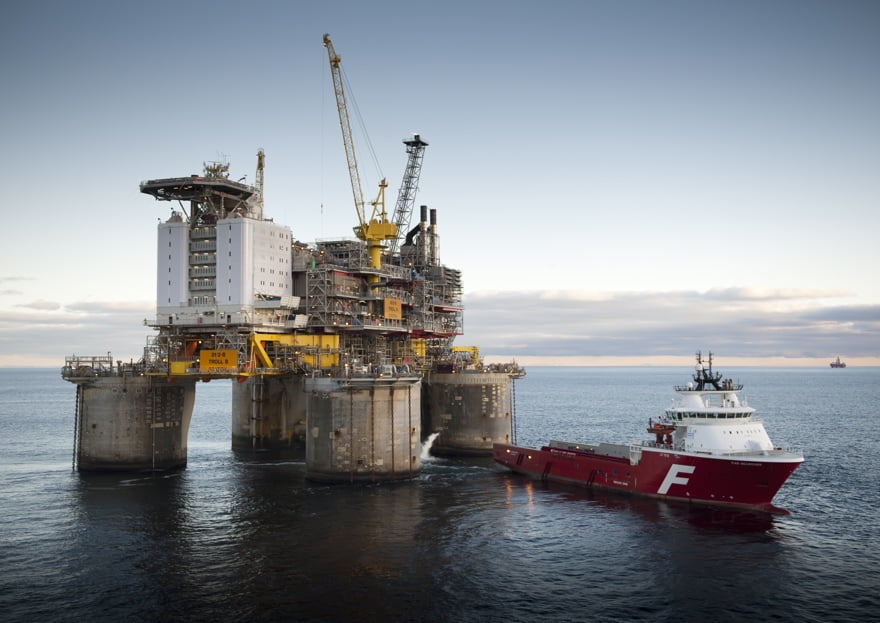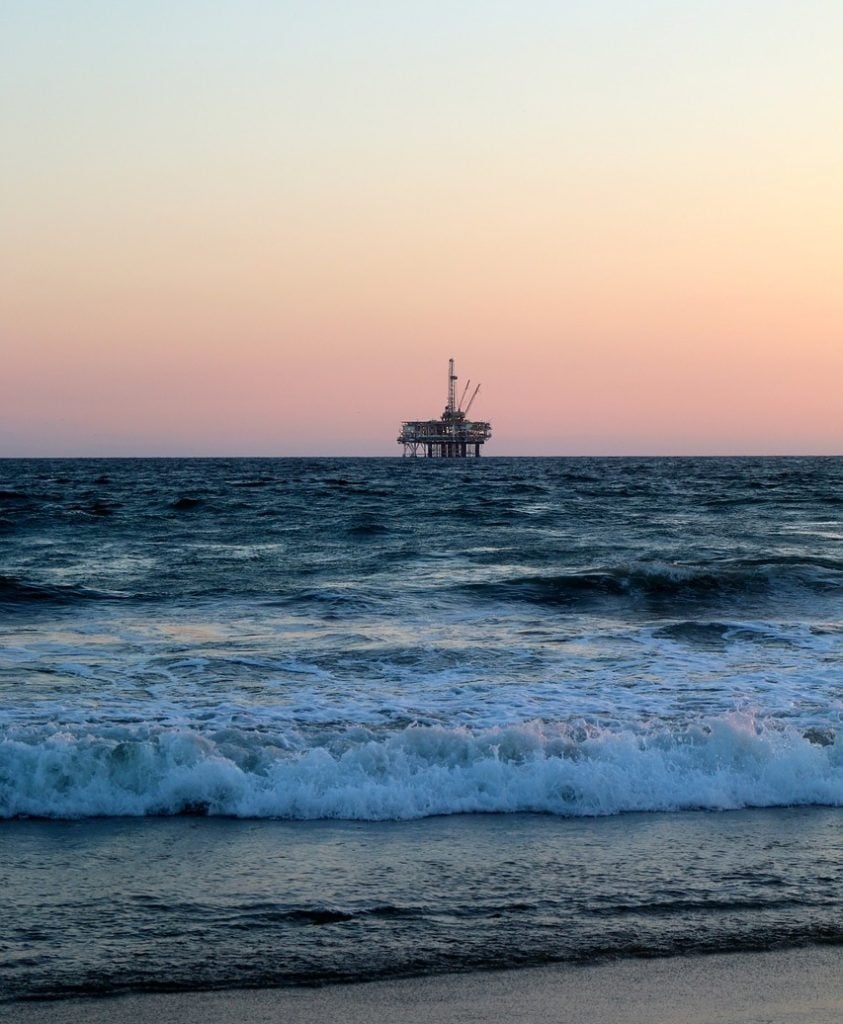
Norway’s Parliament has given the go-ahead for Equnior’s controversial plans to develop the Johan Castberg project in the Barents Sea. Environmental campaigners are not happy.
MPs from the main opposition Labour party joined with the centre-right coalition government to secure a comfortable 91-10 majority vote. The opposition Socialist Left Party was the main opponent on environmental grounds.
Equinor, the new name for Statoil, already operates the Snøhvit gas field in the region.
The Johan Castberg field is 110km farther north and estimated to hold volumes of between 400 MM and 650 MMbo, making it the largest and most important oil and gas project in the Barents Sea to date.
A profitable venture
It is the start of an ambitious project that according to energy intelligence company Rystad Energy could generate a much as NOK 264 billion ($33 billion) in profits, the vast majority of which will go to the Norwegian government in the form of tax revenues.

The costs of developing the project have been halved from the NOK 100bn in the original 2013 plan, meaning that production could be profitable at an oil price of $31/bbl rather than at $80/bbl.
“This marks the end of a seven-year struggle by Equinor and its partners to make this discovery commercial, and it marks the launch of a lucrative new development phase for Norway’s northernmost oil province.
Its impact on the Norwegian continental shelf will be eclipsed only by that of the giant Johan Sverdrup project currently progressing in the North Sea”, says Espen Erlingsen, head of upstream at Rystad Energy.

The Johan Castberg project involves the joint development of three separate fields – Skrugard, Havis, and Drivis – which were discovered between 2011 and 2014).
The development concept of a large floating production, storage and offloading vessel (FPSO) was selected after the initial plans to develop the field with substantial onshore facilities were too expensive.
Environmental controversy continues
Norway is western Europe’s largest producer and exporter of oil and gas. The country plans to keep drilling for decades despite its support for the 2015 Paris climate accord, which aims to end the fossil fuel era this century.
Public opposition to continued Arctic exploration has grown because of the potential risk to the environment. The issue was a major talking point at the 2017 General Election.

Greenpeace and the Nature and Youth Group tried unsuccessfully to sue the Norwegian government in an attempt to stop the award of exploration licenses.
Lawyers for the Norwegian government had argued that the case was a publicity stunt that would cost jobs if it was successful.
In its ruling, the court dismissed the claims that Norway should be responsible for emissions from exported oil and gas, rather than just from the exploration and drilling off Norway. The court also said the risks of Arctic drilling were limited.
Many accuse the Government of hypocrisy, following reports that Erna Solberg announced an annual commitment of NOK 100 million from Norway to set up a fund to help fight plastic pollution of the world’s oceans.

